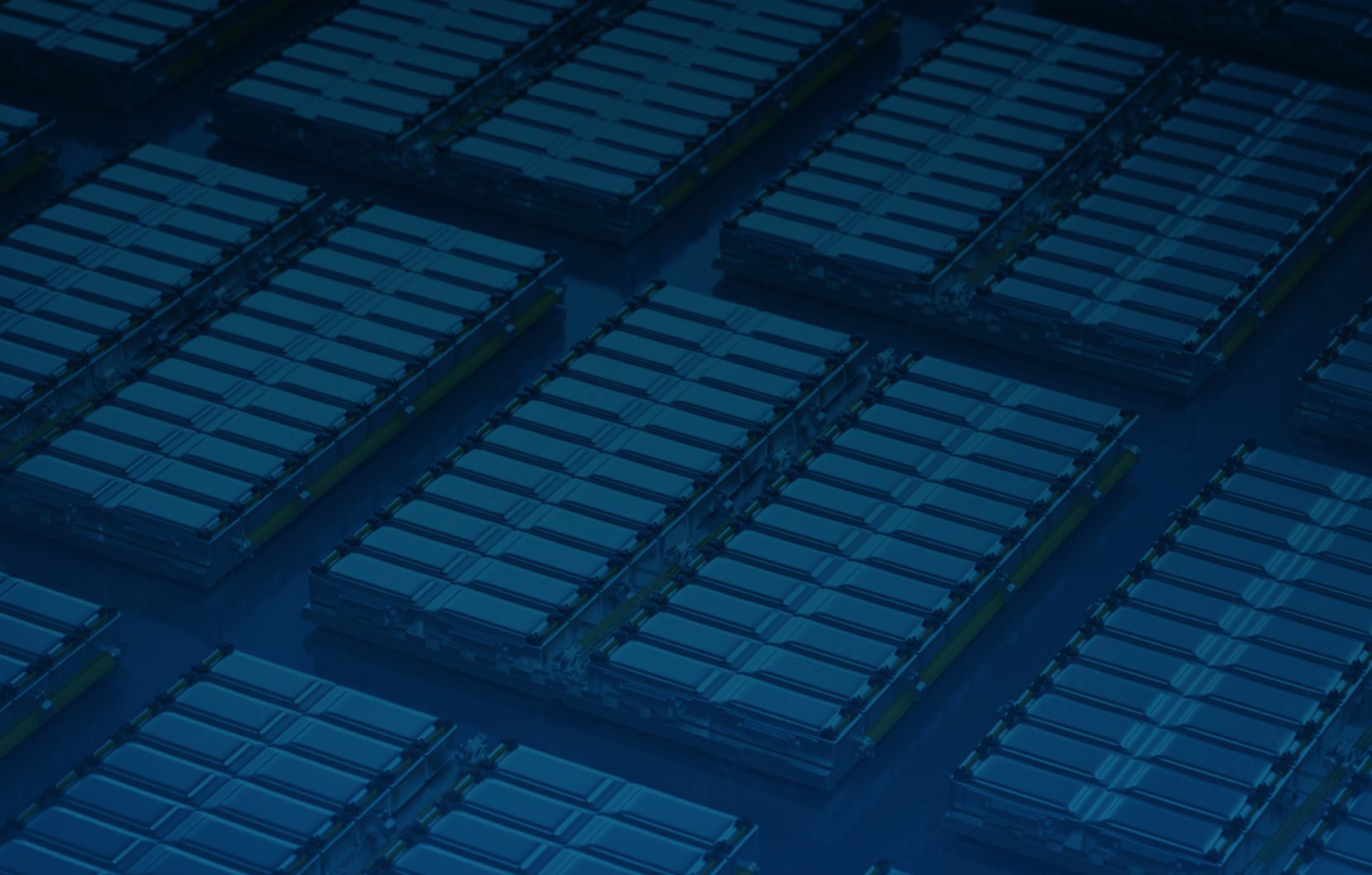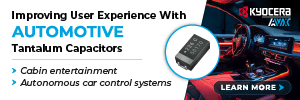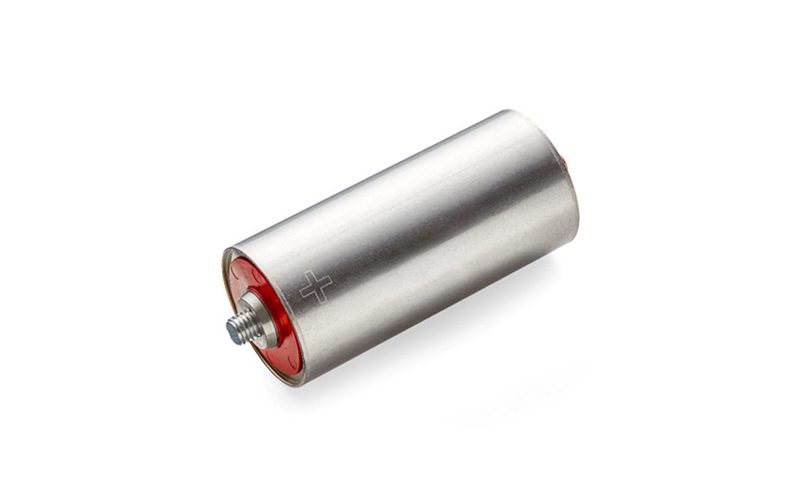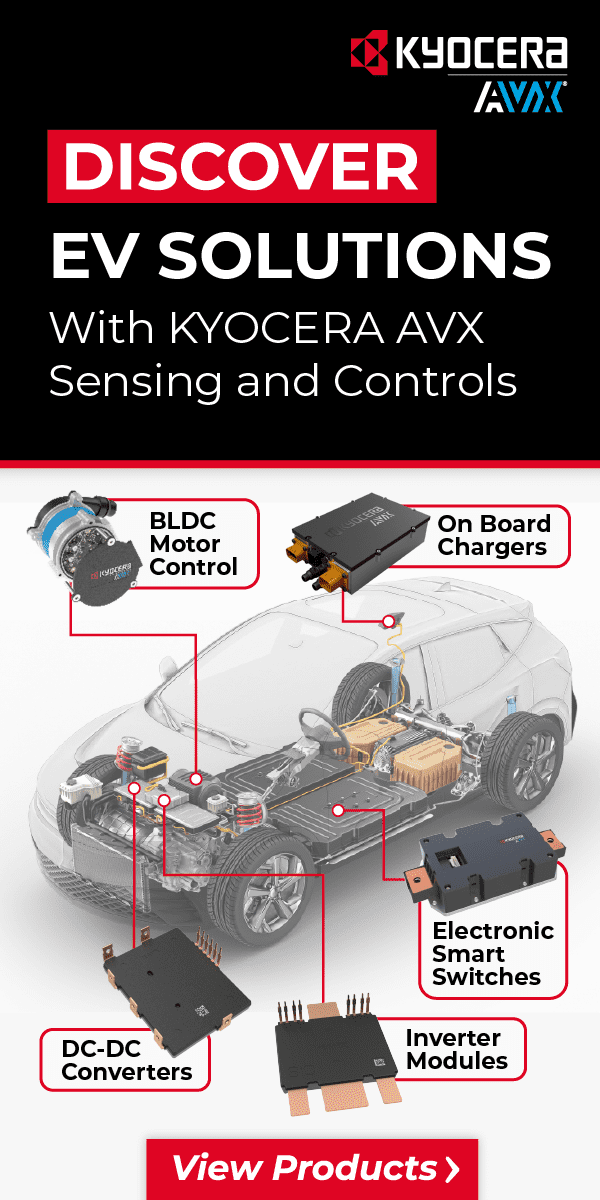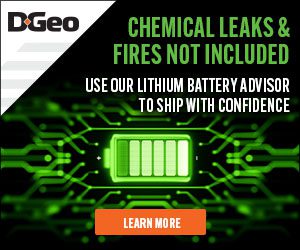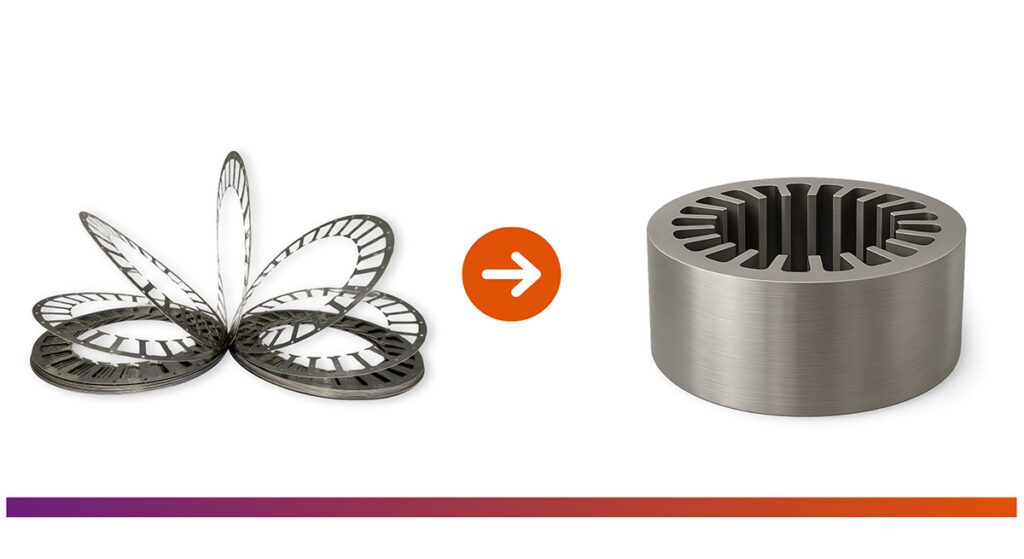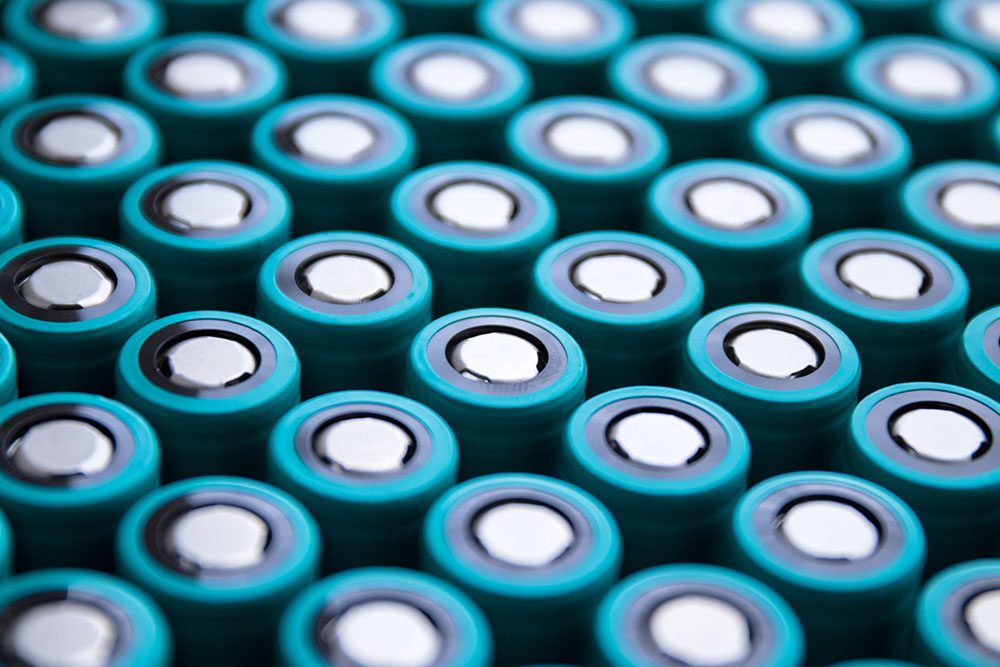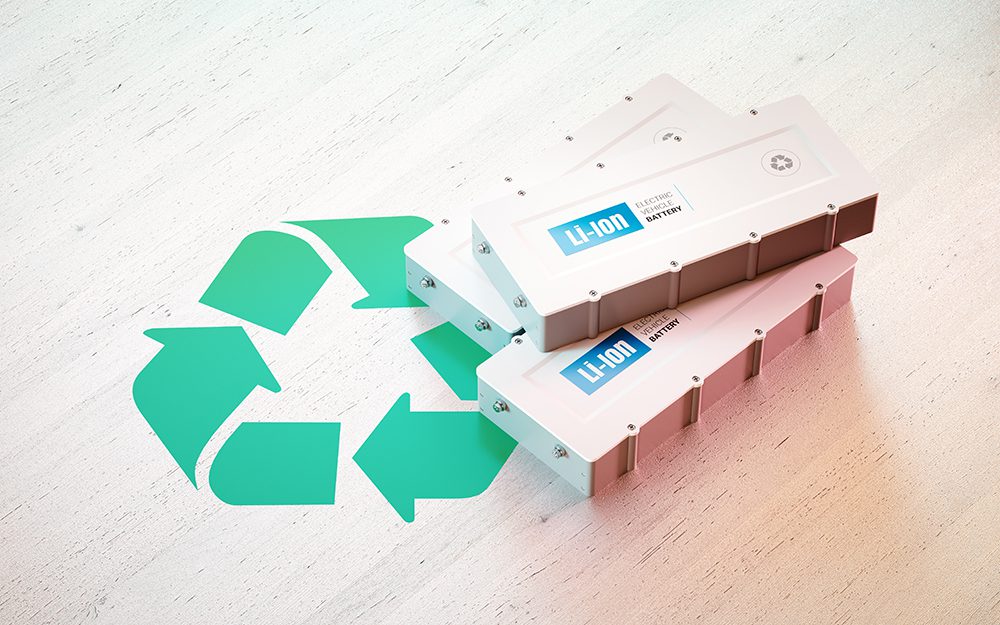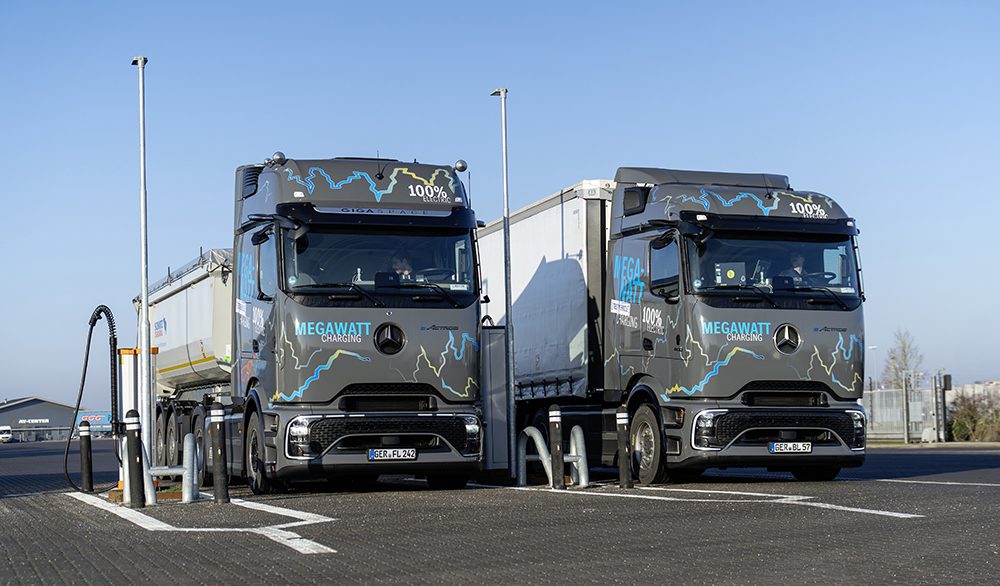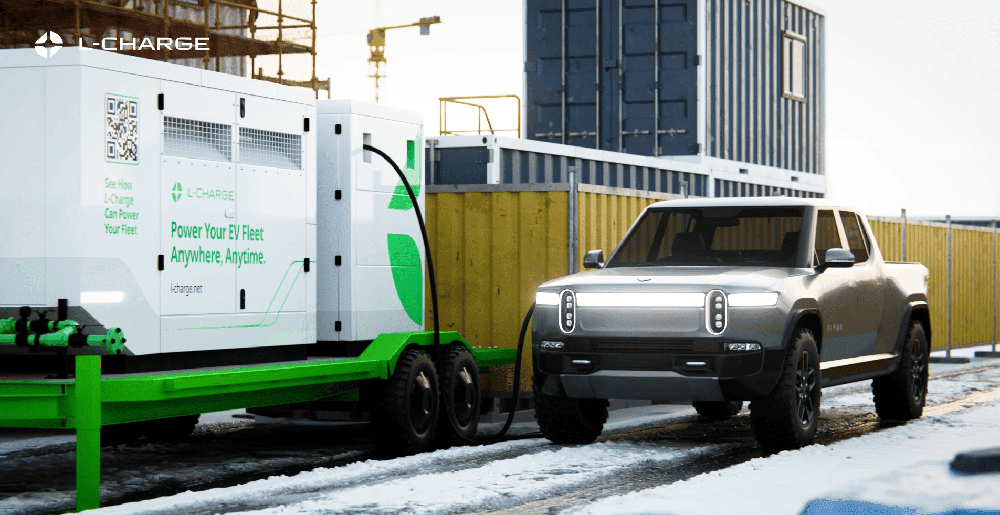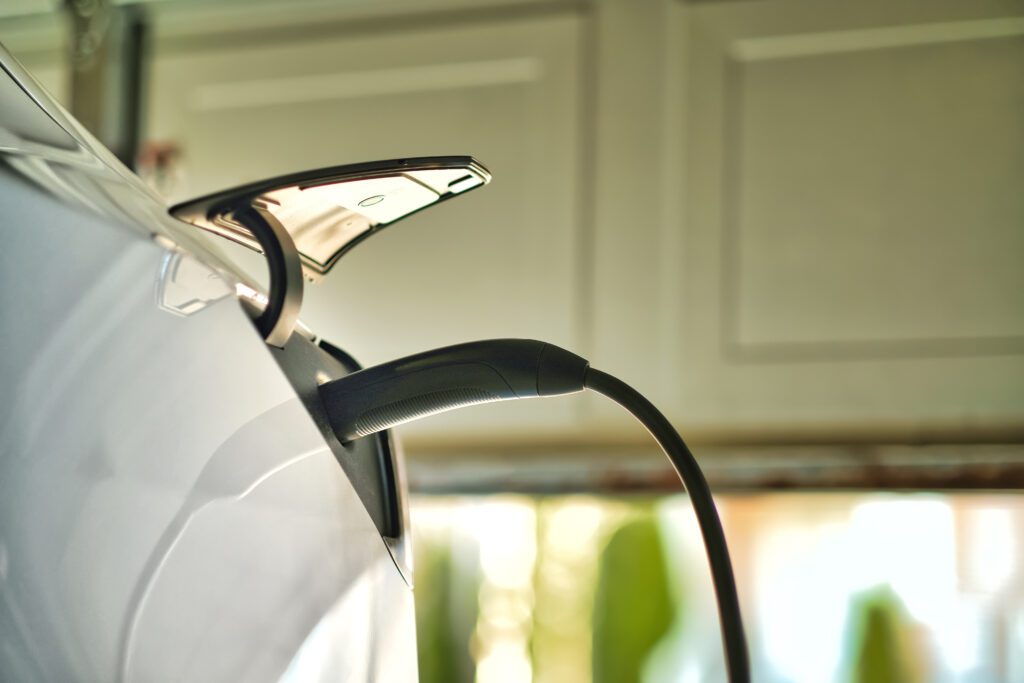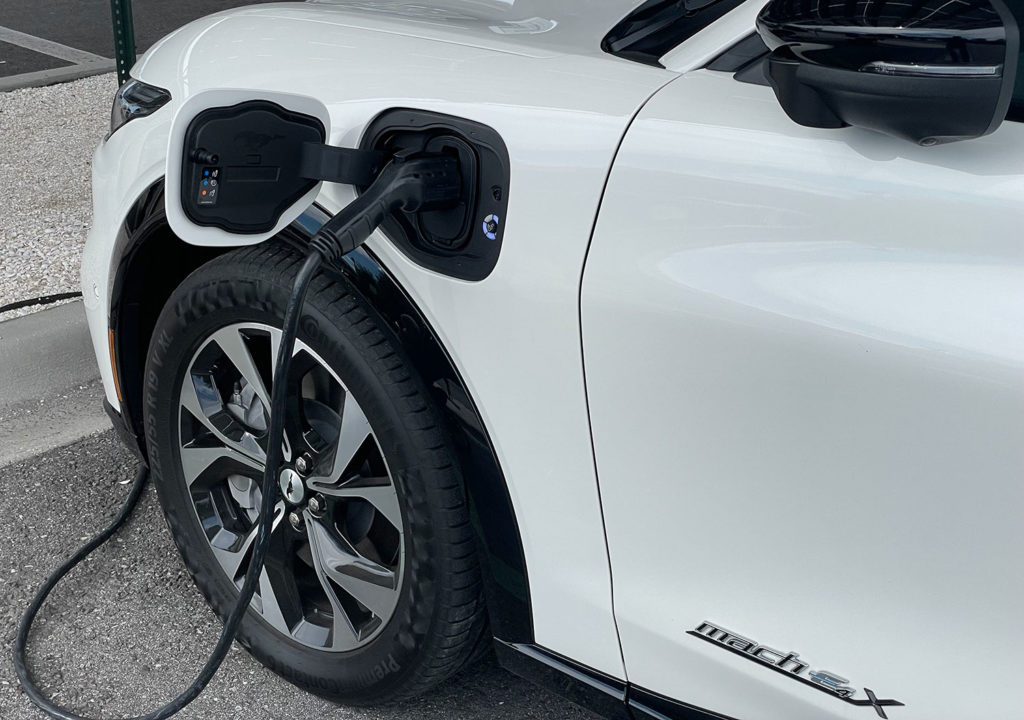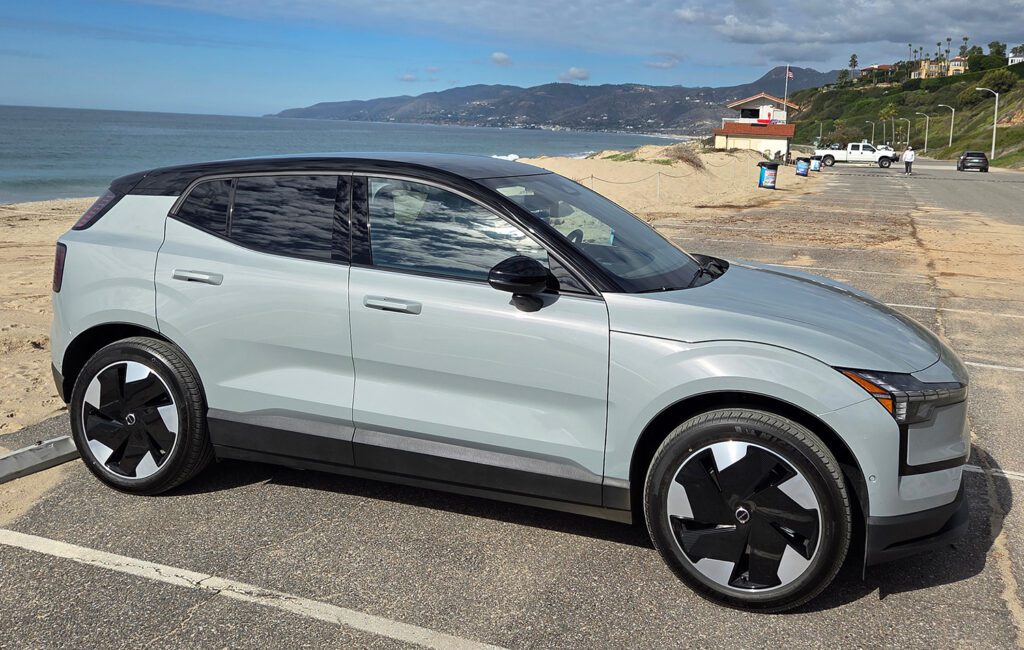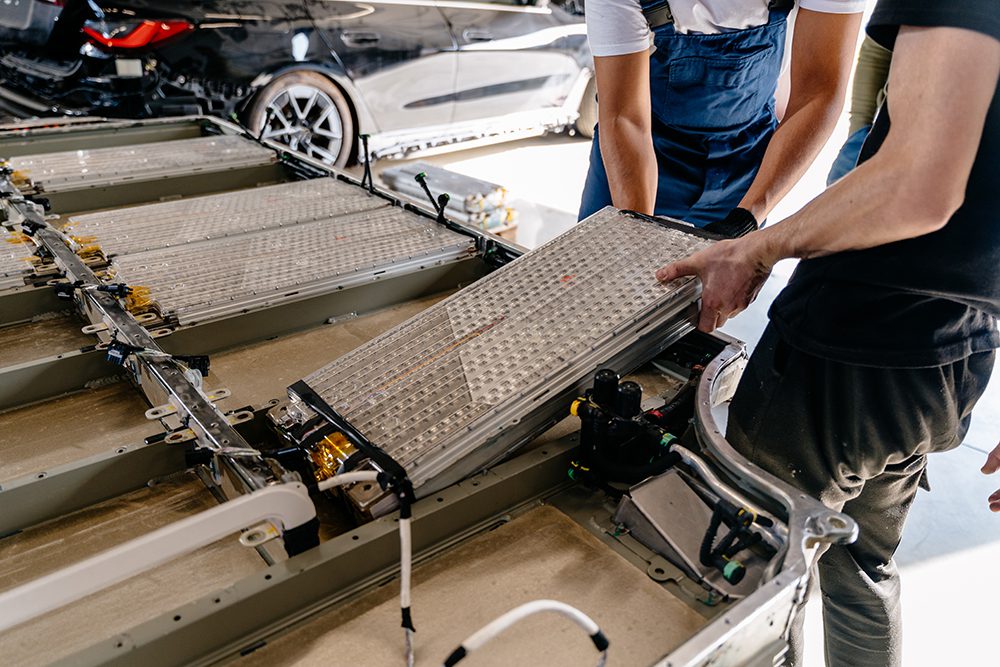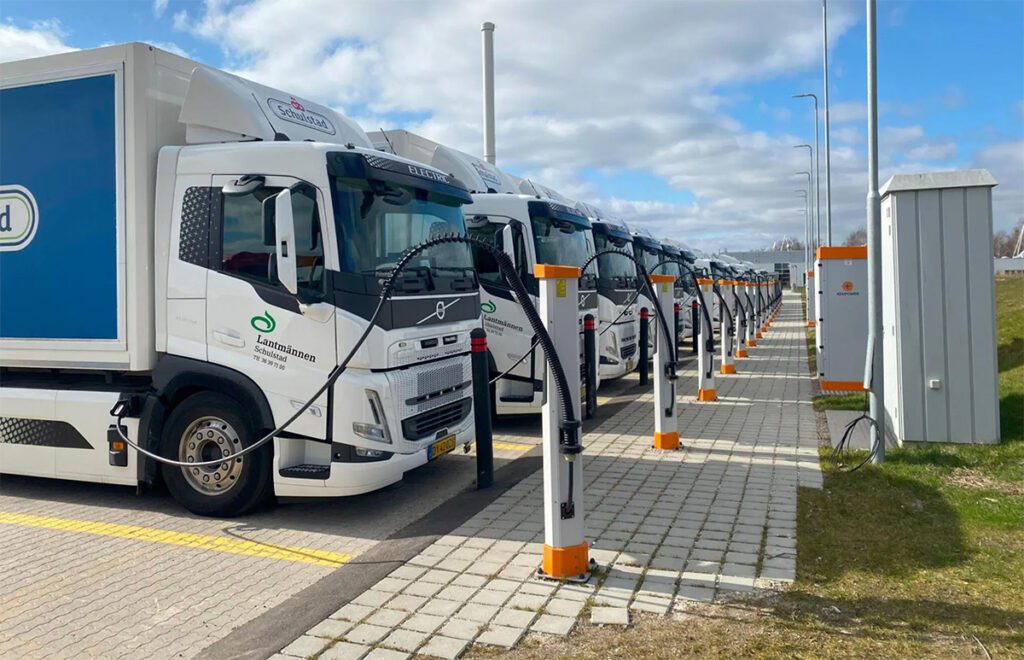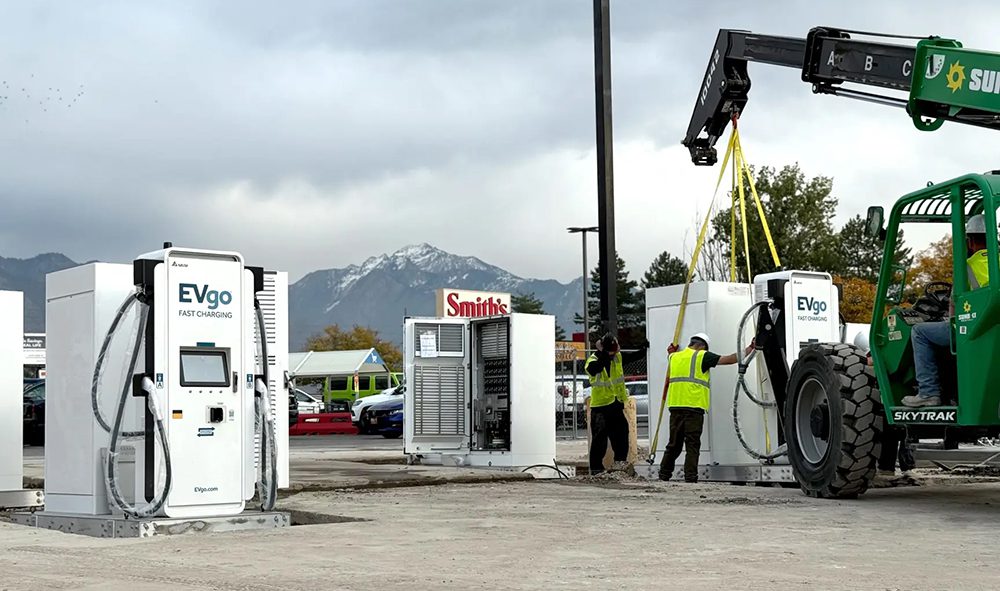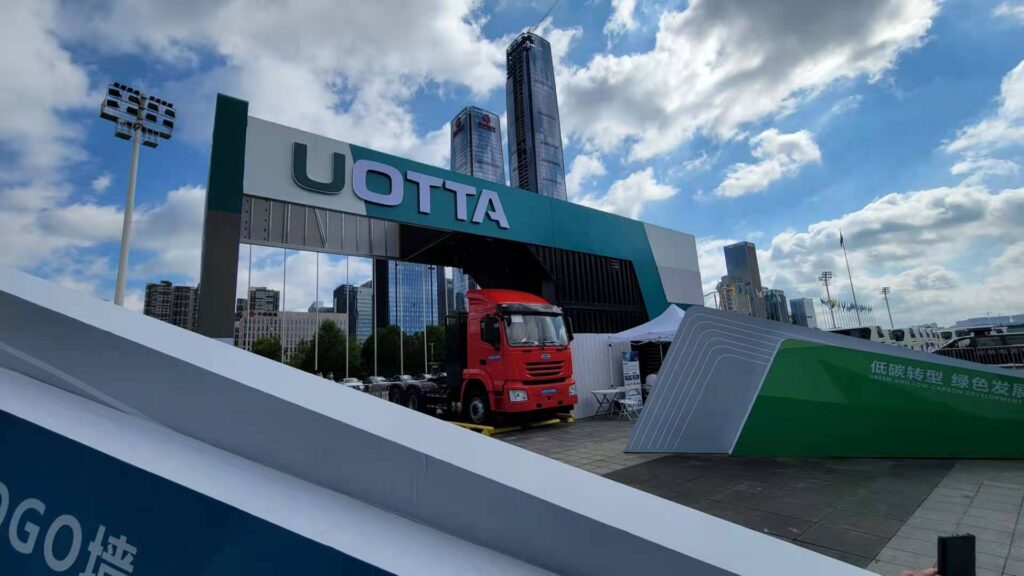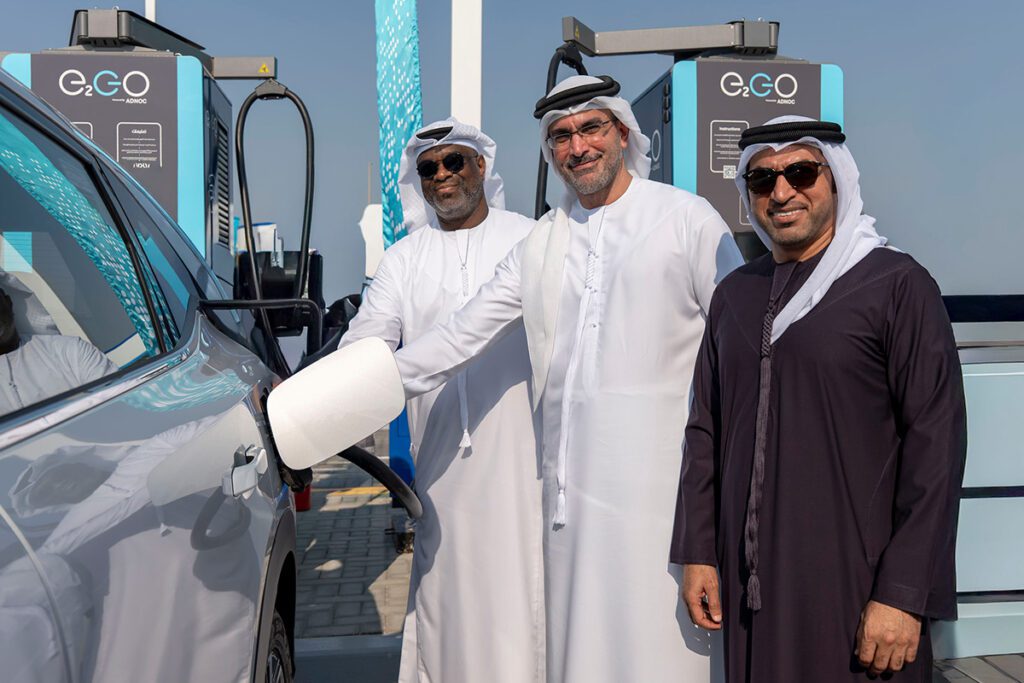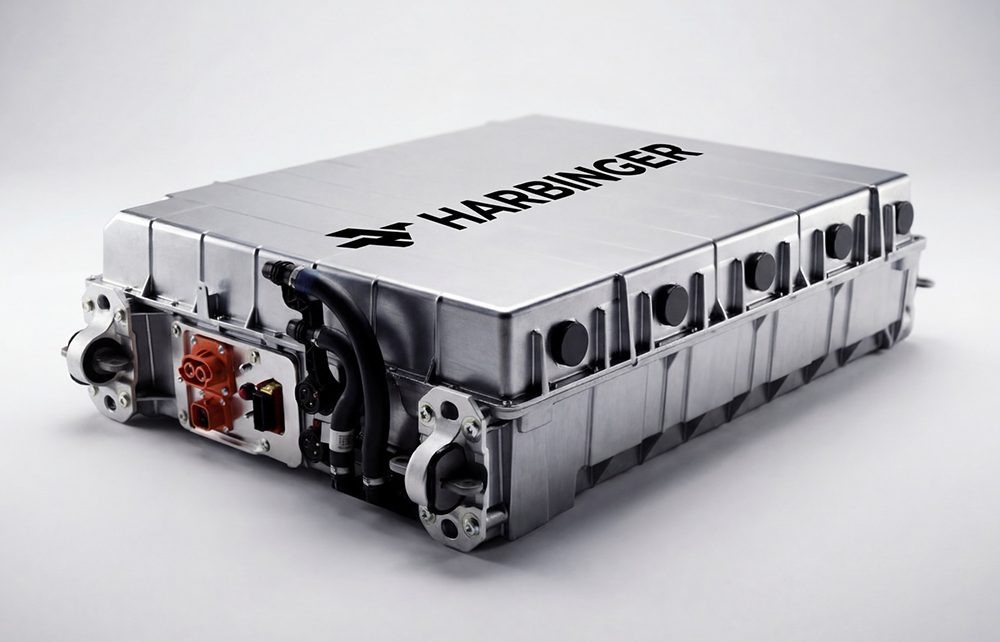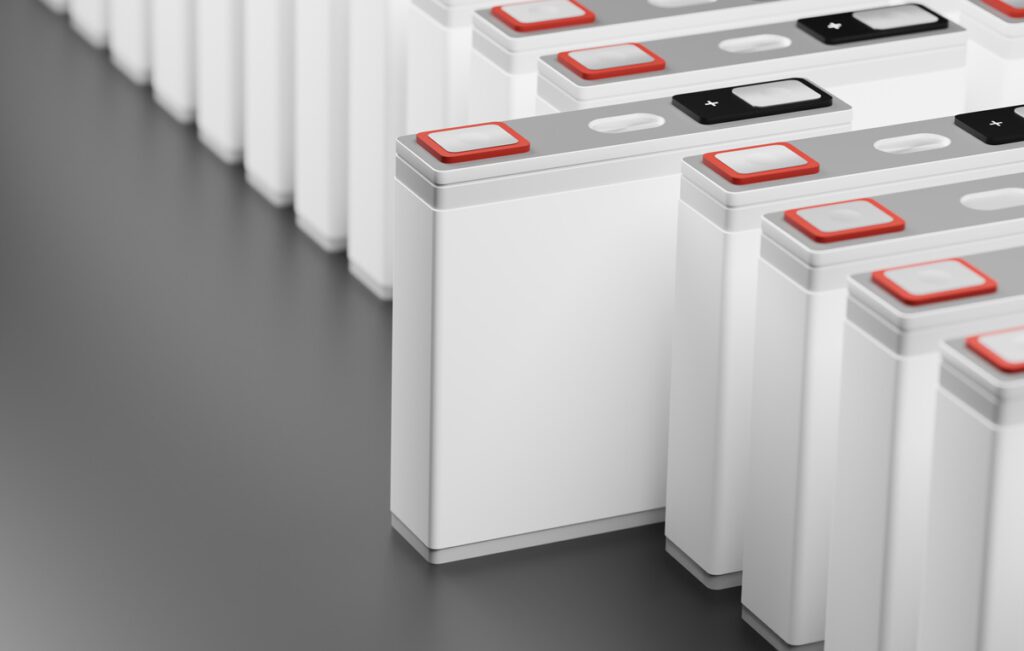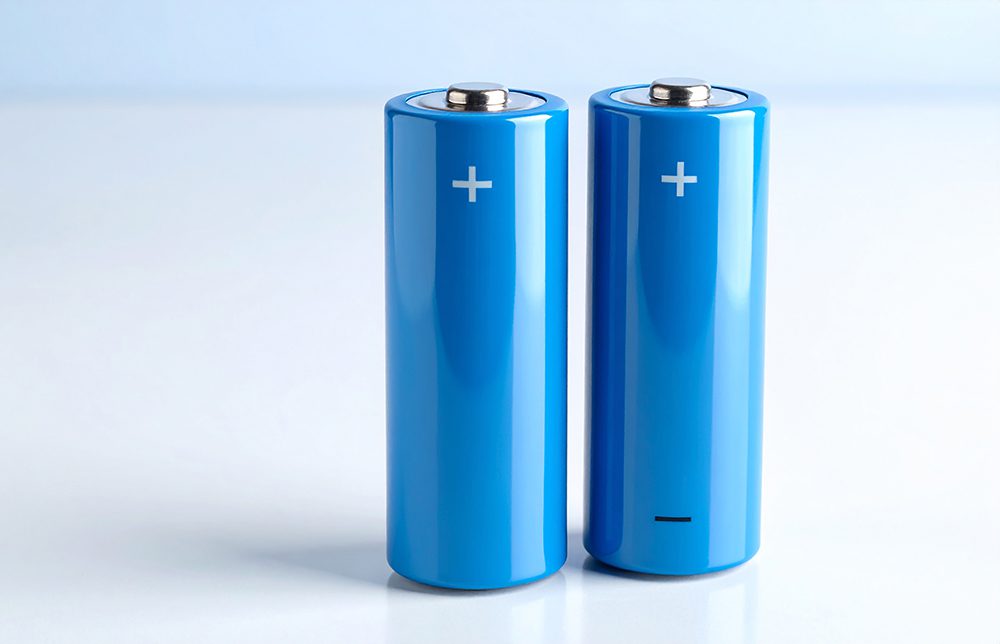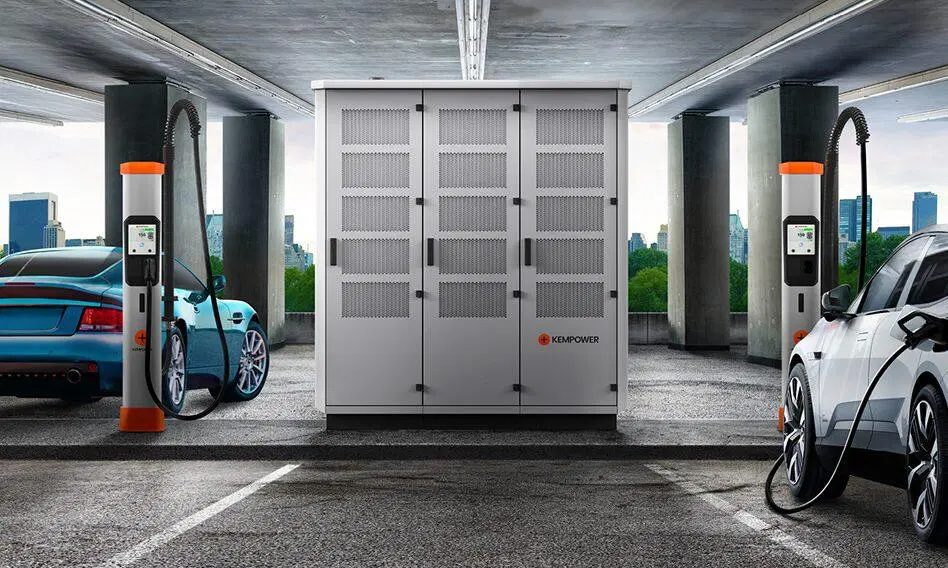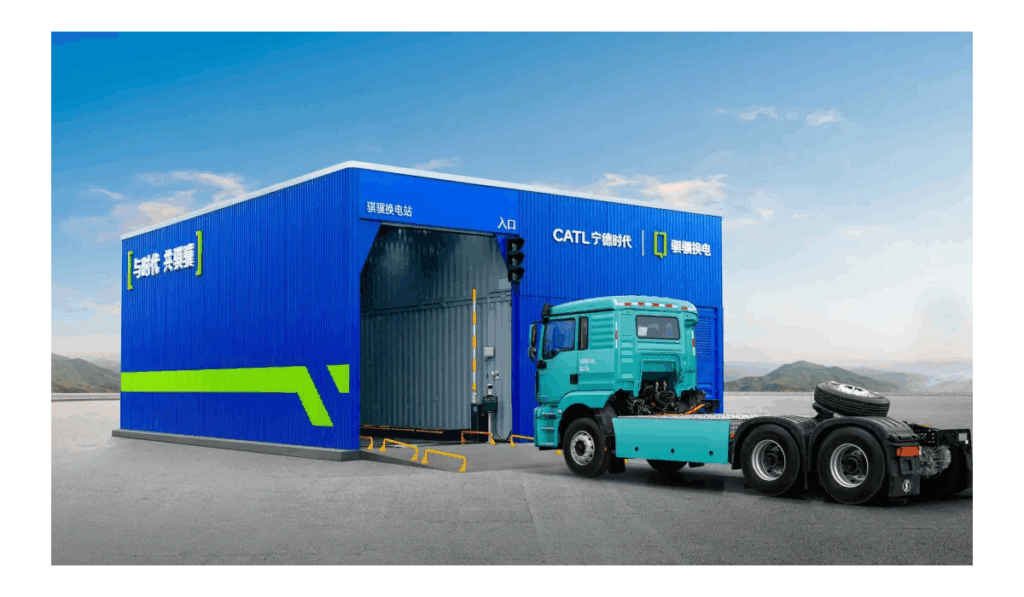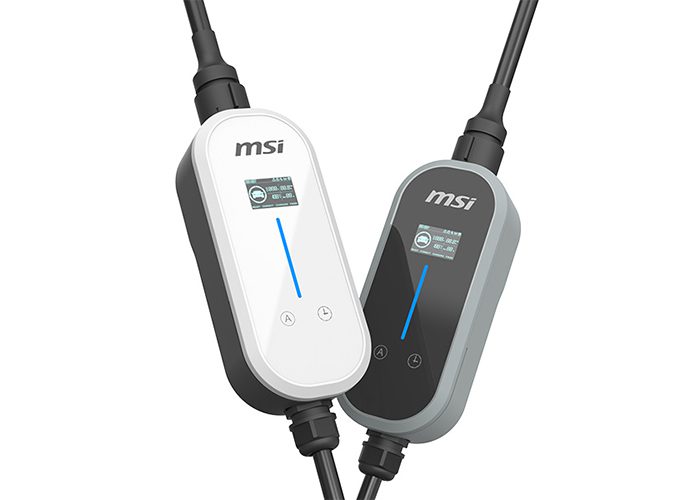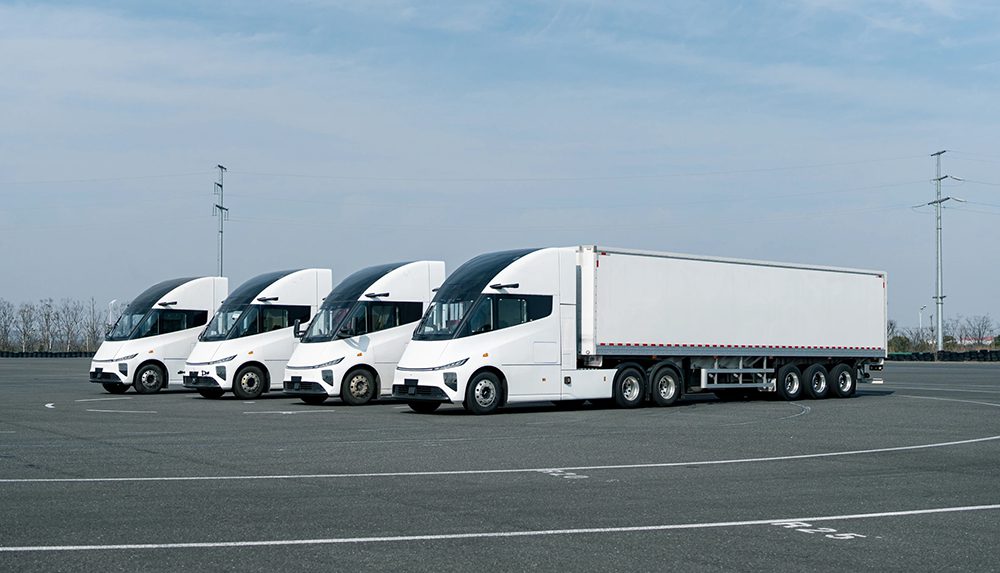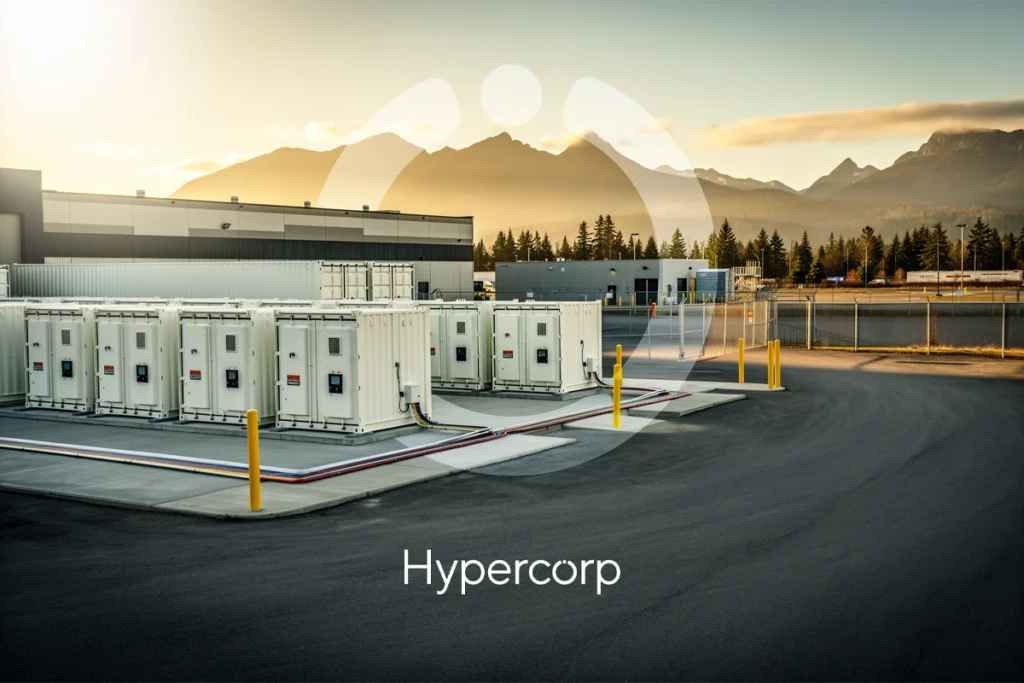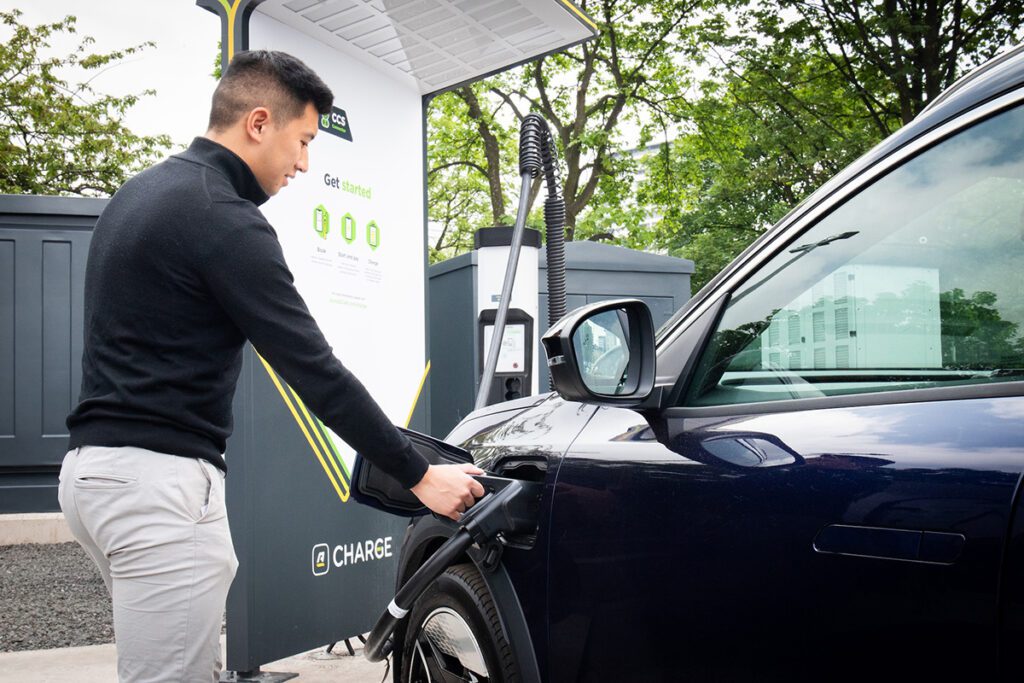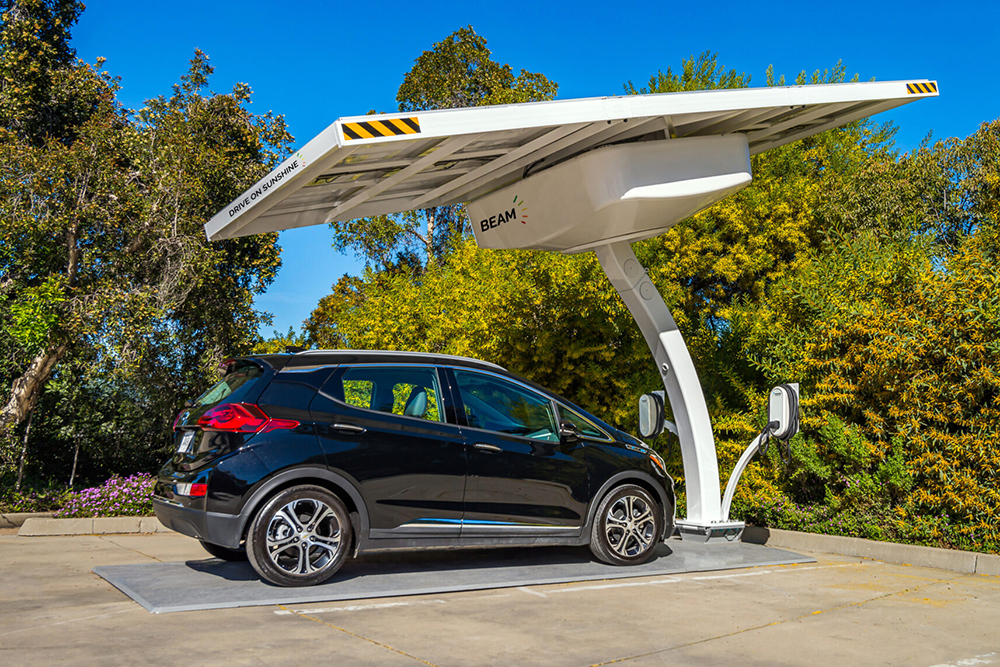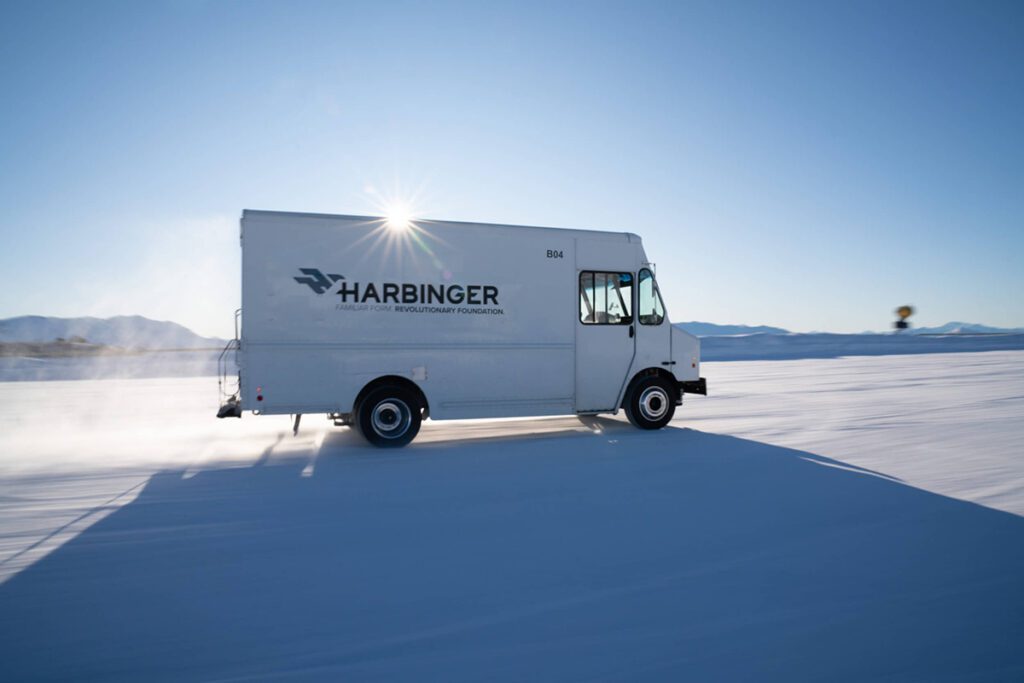Asahi Kasei has signed a license agreement allowing EAS Batteries to use its acetonitrile-containing electrolyte technology in a new ultra-high power lithium-ion cell. EAS Batteries plans to launch its cylindrical UHP601300 LFP 22 cell, utilizing a lithium iron phosphate (LFP) cathode and the novel electrolyte, by March 2026. Asahi Kasei says its electrolyte offers high ionic conductivity, reducing internal resistance and boosting power performance in demanding temperature environments.
The UHP601300 LFP 22 cell, developed with support from Germany’s Federal Ministry of Research, Technology, and Space under the “HEADLINE” project, targets mobility applications including electric vehicles, as well as marine, railway and construction machinery.
The cell delivers a continuous discharge specific power of 2,550 W/kg, about 60 percent higher than cells with conventional electrolytes, and a 2-second pulse discharge of 3,760 W/kg, a 10 percent improvement. The cell also demonstrates a cycle life of 2,400 at a 5 °C charge/discharge rate at room temperature before retaining 80 percent of its initial capacity, with 22 Ah capability and 24-minute full charge and discharge cycles at 110 A current. The reduced internal resistance leads to lower heat generation and improved energy efficiency.
“Our collaboration with Asahi Kasei sets a strong foundation for advancing cell quality and performance especially for high-power cells,” said Michael Deutmeyer, Managing Director of EAS Batteries. “The robustness of the electrolyte is key—not only for EAS products but also for scaling our technology across markets. Strategic partnerships like this enable tailored solutions for future demands.”
Source: Asahi Kasei

